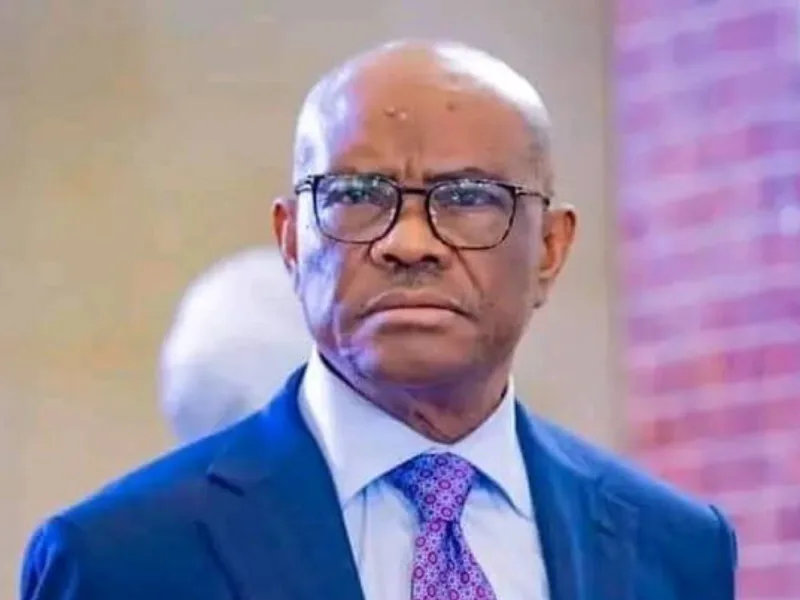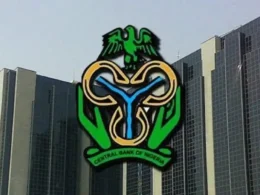NGO Urges Wike to Reconsider Measures Against Begging in Abuja
Abuja, Nigeria – As the five-day ultimatum for beggars to vacate the streets of Abuja, issued by the Federal Capital Territory (FCT) Minister Nyesom Wike, nears its conclusion, a non-governmental organization, Long Term Solution for Destitute Initiative, has called on the Federal Government to recognize the complexity of addressing the issue of begging.
In a statement released in Sokoto on Sunday, Dr. Saleh Ibrahim, Chairman of the organization, expressed concern over the prevalence of street begging, highlighting it as a reflection of deeper societal issues that lead to poverty among vulnerable populations. “It’s disheartening to witness that beggars in Nigeria are predominantly from the North, despite our region historically holding political power. This is a mark of disgrace,” he stated. He emphasized that begging contradicts the values of self-respect and dignity prescribed by Islam, citing the late General Hassan Usman Katsina’s criticisms of the practice shortly before his death.
While commending Wike for his determination to tackle the issue, Dr. Ibrahim warned against a superficial approach that overlooks human rights concerns. He pointed out that previous attempts by former FCT Ministers to remove beggars from the streets, including Nasir El-Rufai and General Jerry Useini, had failed to provide lasting solutions. “Evicting beggars from Abuja won’t solve the underlying issues,” he noted, referencing that those measures had resulted in beggars returning to the city.
Dr. Ibrahim raised critical questions about the government’s commitment to addressing the welfare of the vulnerable. He acknowledged the efforts made by El-Rufai, who initiated the construction of a settlement for the destitute in Yargoji, which included a primary school and agricultural land. He cited the observations of Anna Kompatscher, a policy analyst with Housing Rights Watch, who argued that stigmatizing and penalizing beggars can worsen their already precarious circumstances, pushing them deeper into poverty and isolation.
He further pointed out that in Nigeria, resources intended to support the poor are often lost to corruption, citing recent scandals involving the Ministry of Humanitarian Affairs. “Corruption has exacerbated the plight of vulnerable citizens, who often find it difficult to afford basic education and healthcare, leading to preventable diseases,” Dr. Ibrahim explained.
He condemned the notion of treating beggars as criminals, describing them as victims of the systemic corruption and poverty rampant in the country. He highlighted that insecurity has worsened poverty levels, pushing many into begging and displacement. “We must recognize that a system allowing unchecked corruption is more damaging than the challenge of begging itself,” he asserted.
Dr. Ibrahim finally called on those in authority to acknowledge that solutions to the issue of begging are not insurmountable. He urged the adoption of scientifically-backed, globally recognized strategies for addressing social issues, emphasizing the need for good governance and genuine commitment to improving the lives of vulnerable populations.










Join our Channel...